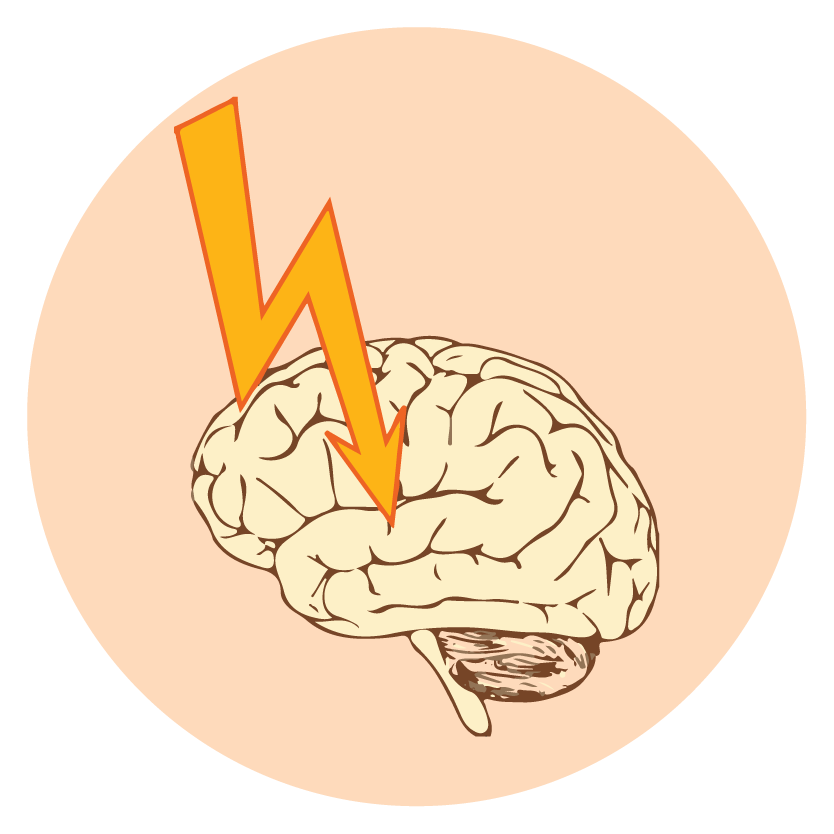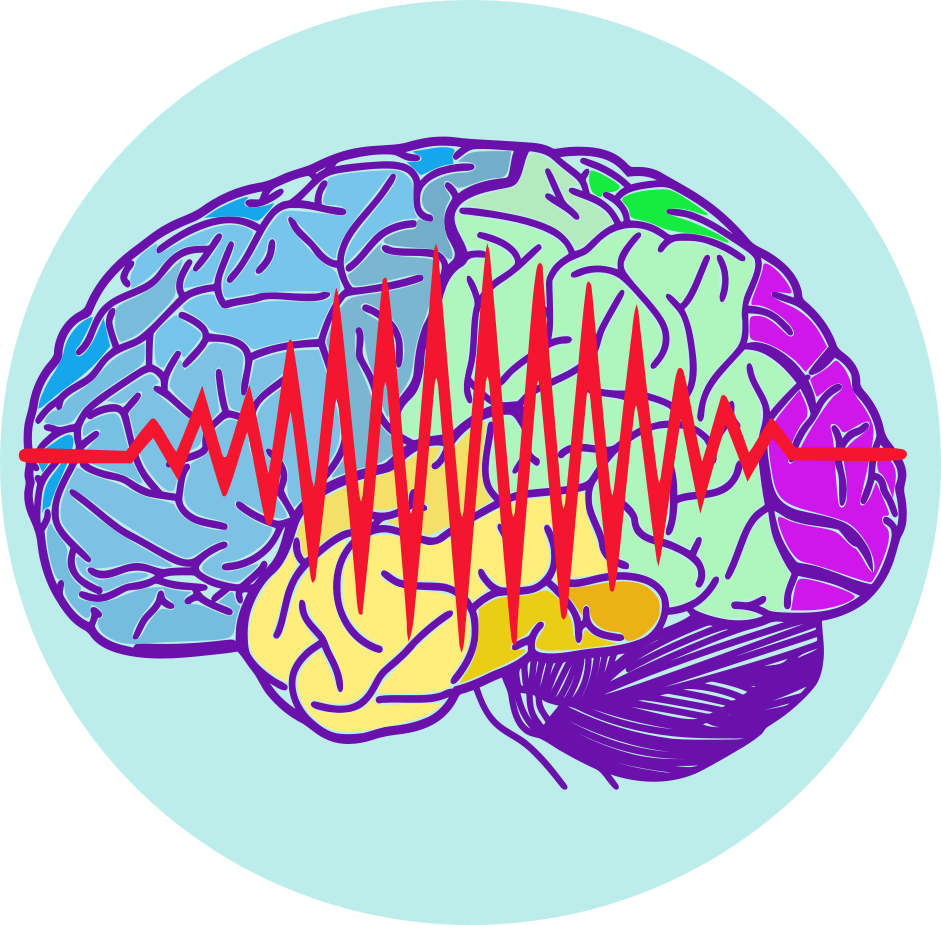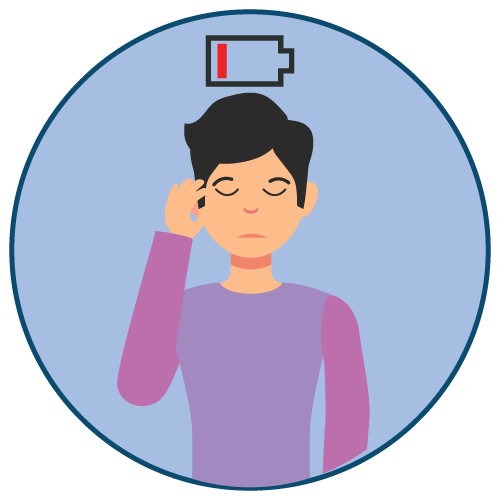| Name | Levetiracetam |
| Classes |
Central Nervous System Agent Anticonvulsant / Antiepileptic Agent Psychotherapeutic Agent |
| Diseases |
CNS Disorder Seizure |
Levetiracetam
Levetiracetam is an Antiepileptic drug. Levetiracetam's precise mechanism of action is not fully understood. It is believed to involve binding to synaptic vesicle protein 2A (SV2A) in the brain, leading to a modulation of neurotransmitter release.
- Levetiracetam is indicated as adjunctive therapy in the treatment of partial onset seizures in adults and children 4 years of age and older with epilepsy.
- Levetiracetam is indicated as adjunctive therapy in the treatment of myoclonic seizures in adults and adolescents 12 years of age and older with juvenile myoclonic epilepsy.
- Levetiracetam is indicated as adjunctive therapy in the treatment of primary generalized tonic-clonic seizures in adults and children 6 years of age and older with idiopathic generalized epilepsy.
Partial Onset Seizures
- Adults aged 16 years and older: Treatment should commence with a daily dosage of 1000 mg, administered as two doses per day (500 mg twice daily). Additional increments in dosing may be applied (1000 mg/day increase every 2 weeks) up to a maximum recommended daily dosage of 3000 mg. While doses exceeding 3000 mg/day have been utilized in open-label studies for periods of 6 months and longer, there is no evidence indicating additional benefits beyond a 3000 mg/day dosage.
- Pediatric patients aged 4 to younger than 16 years: Treatment initiation involves a daily dose of 20 mg/kg administered in two divided doses (10 mg/kg twice daily). The daily dose should be increased every 2 weeks in 20 mg/kg increments, reaching the recommended daily dose of 60 mg/kg (30 mg/kg twice daily). If a patient cannot tolerate the daily dose of 60 mg/kg, a reduction in dosage may be considered. In the clinical trial, the average daily dose was 52 mg/kg. Patients with a body weight of 20 kg or less should receive the oral solution, while those with a body weight above 20 kg can be administered either tablets or oral solution. Tablet dosing based on weight during titration to 60 mg/kg/day is provided in Table 15, and only whole tablets should be administered.
Myoclonic Seizures In Patients 12 Years Of Age And Older With Juvenile Myoclonic Epilepsy
- Initiate treatment with a daily dose of 1000 mg, administered as twice-daily dosing (500 mg BID). Increase the dosage by 1000 mg/day every 2 weeks until reaching the recommended daily dose of 3000 mg. The effectiveness of doses lower than 3000 mg/day has not been studied
Primary Generalized Tonic-Clonic Seizures
- For adults aged 16 years and older, commence treatment with a daily dose of 1000 mg, administered as twice-daily dosing (500 mg BID). Increase the dosage by 1000 mg/day every 2 weeks until reaching the recommended daily dose of 3000 mg. The effectiveness of doses lower than 3000 mg/day has not been adequately studied.
- For pediatric patients aged 6 to less than 16 years, start with a daily dose of 20 mg/kg in 2 divided doses (10 mg/kg BID). Increase the daily dose every 2 weeks by increments of 20 mg/kg until reaching the recommended daily dose of 60 mg/kg (30 mg/kg BID). The effectiveness of doses lower than 60 mg/kg/day has not been adequately studied. Patients weighing 20 kg or less should be dosed with oral solution, while those weighing above 20 kg can be dosed with either tablets or oral solution.
The most common side effects seen in people who take Levetiracetam include:
- drowsiness
- weakness
- dizziness
- infection
The most common side effects seen in children who take Levetiracetam include, in addition to those listed above:
- accidental injury
- irritability
- hostility
- Renal Impairment: The use of levetiracetam in patients with renal impairment may necessitate dose adjustments. It is advisable to assess renal function in patients with severely impaired hepatic function before determining the appropriate dosage.
- Acute Kidney Injury: Although rare, levetiracetam has been associated with instances of acute kidney injury, with onset occurring from a few days to several months.
- Blood Cell Counts: In some cases, decreased blood cell counts (neutropenia, agranulocytosis, leucopenia, thrombocytopenia, and pancytopenia) have been reported in connection with levetiracetam usage, particularly at the commencement of treatment. Patients experiencing significant weakness, fever, recurrent infections, or coagulation disorders should undergo complete blood cell counts.
- Suicide: Reports of suicide, suicide attempts, suicidal ideation, and behavior have been noted in patients receiving anti-epileptic agents, including levetiracetam. A meta-analysis of placebo-controlled trials has indicated a slight increased risk of suicidal thoughts and behavior. The mechanism behind this risk is unknown. Patients should be closely monitored for signs of depression and/or suicidal ideation or behavior, and appropriate treatment should be considered. Patients and caregivers should be advised to seek medical advice if signs of depression or suicidal tendencies emerge.
- Abnormal and Aggressive Behaviors: Levetiracetam may induce psychotic symptoms and behavioral abnormalities, including irritability and aggressiveness. Monitoring for psychiatric signs indicative of significant mood and/or personality changes is recommended in patients on levetiracetam. If such behaviors are observed, adjustment of treatment or gradual discontinuation should be considered. If discontinuation is contemplated.
- Worsening of Seizures: Like other antiepileptic drugs, levetiracetam may occasionally worsen seizure frequency or severity. This effect is typically reported within the first month after initiating levetiracetam or increasing the dose, and it is reversible upon discontinuation or dose reduction. Patients should be advised to promptly consult their physician in case of epilepsy aggravation.
- Lack of Efficacy or Seizure Worsening: Instances of lack of efficacy or worsening of seizures have been reported, especially in patients with epilepsy linked to SCN8A mutations.
- Electrocardiogram QT Interval Prolongation: Rare cases of ECG QT interval prolongation have been observed during post-marketing surveillance. Caution is advised when using levetiracetam in patients with QTc-interval prolongation, those concurrently receiving drugs affecting QTc-interval, or those with relevant pre-existing cardiac conditions or electrolyte disturbances.
Contraindication
This product should not be administered to patients who have previously exhibited hypersensitivity to levetiracetam or any of the inactive ingredients in levetiracetam tablets or oral solution.
None known.
None known.
 Bangla
Bangla English
English






